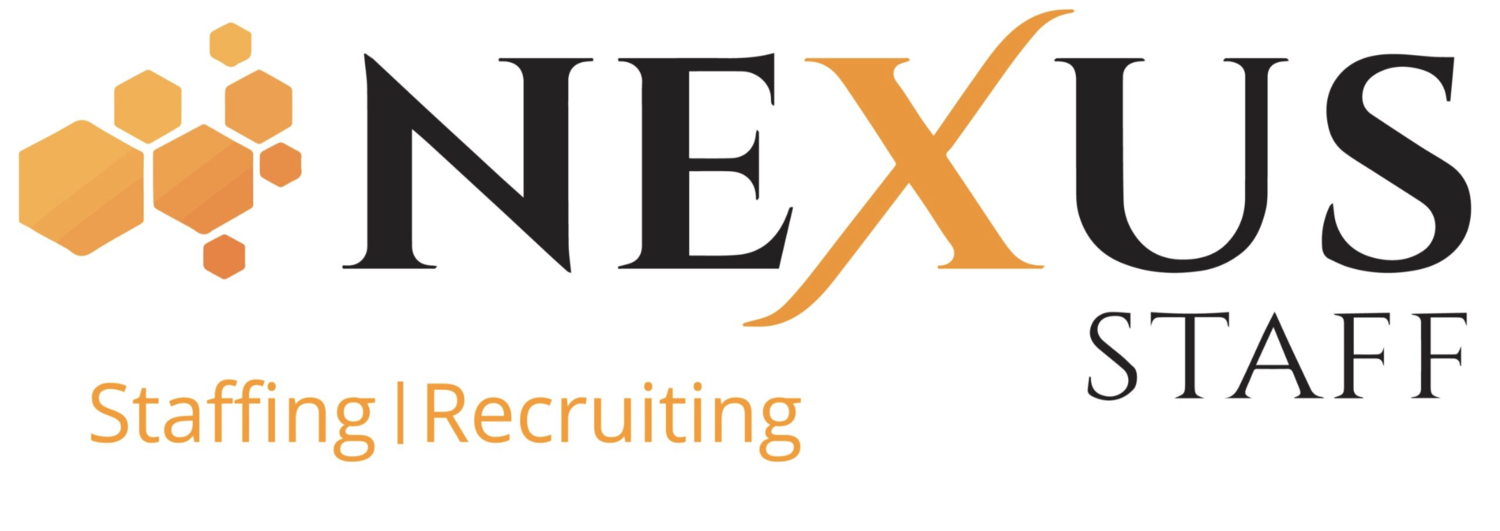5 Mistakes You're Making in Your Remote Job Search
Applying for jobs is almost like having a full-time job with the amount of time we pour into each application. If you're following the basic job application techniques with no results, you may be making small mistakes that have easy fixes.
Rather than get discouraged, check below to see if you're making one of these five basic remote job search mistakes, and perfect your job applying technique.
You're only applying to one job title.
Expand your search to more than just one job title. When it comes to job hunting, you should focus on finding opportunities that align with your skills and experiences. Aim to have at least three different job titles to apply to. This will allow you to widen your search and open up new opportunities.
Your cover letter isn't personalized.
It's tempting to just send out the same basic cover letter to every job, but you have to remember that the little details matter. Recruiters can spot a template cover letter because it lacks any personalization to the company and job you're applying to.
As tough as cover letters can be, these are what can end up landing you an interview. Make sure you proofread every cover letter you're sending out because small details, like spelling and grammar, will help recruiters weed out applications.
You didn't research the company enough.
You've landed the interview and when the recruiter asks you about the company, maybe you give a vague answer about the company mission. If you put yourself in the recruiter's shoes, this question can be a determinate of whether or not they wish to pursue a candidate. With many applications coming in, it's the little things that can make or break you.
Be sure that you are well prepared for these questions. Research the company before an interview and try to connect with their company values and mission. This is also important for determining whether or not you could see yourself working at the organization.
You never followed up after the interview.
Always send a thank-you note to your interviewer. This is the most important step to follow because it shows recruiters that you are really interested in the position, and appreciate them taking time out of their day to talk with you.
This is also a great technique to get an idea of their hiring timeline too. If you miss this step during the hiring process, then in most instances, recruiters will use this to determine whether or not you receive a second interview.
A rule of thumb is to follow-up no later than 48 hours after your first interview.
You stop job hunting when you're hired.
Don't miss out on a better opportunity just because you're hired full-time somewhere else. Job hunting does take up a lot of time, but if you do small things, like turn on job alerts for specific job titles you aspire to have or monitor your dream company's career site, then you can stay active in your hunt for a new opportunity.
Related blog posts
Here Are 6 Starting Points to Help You Build Your Resume
Career Certifications Can Help You Stand Out–Here's Why


